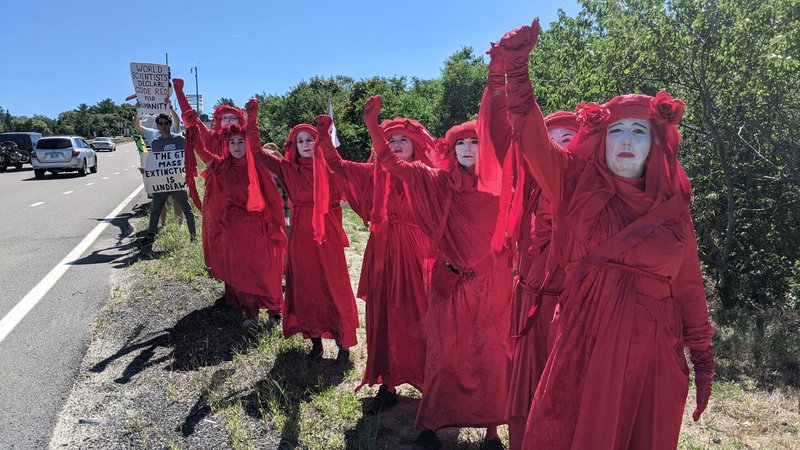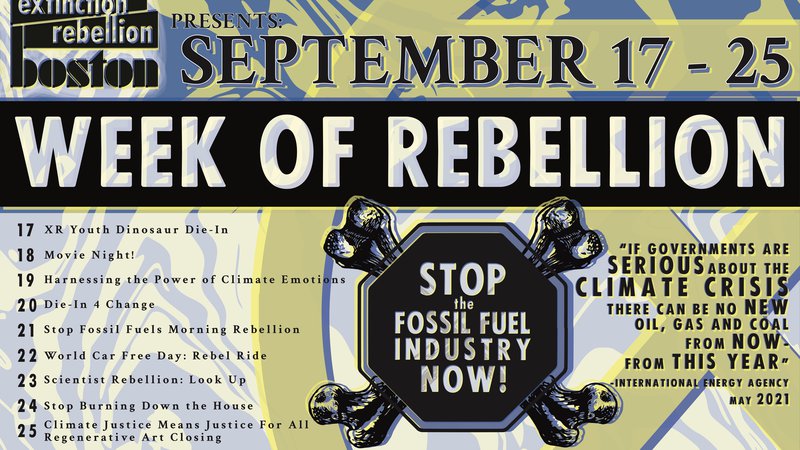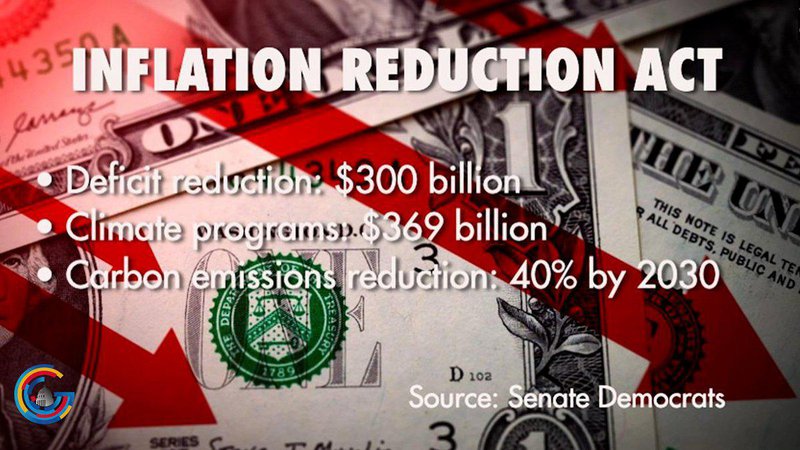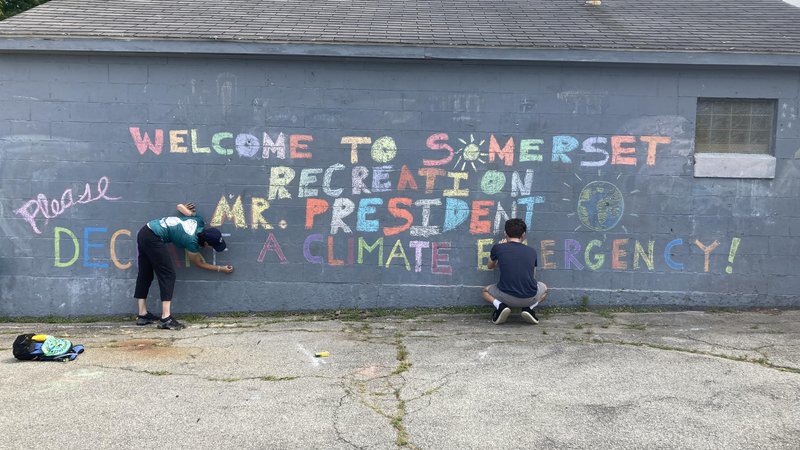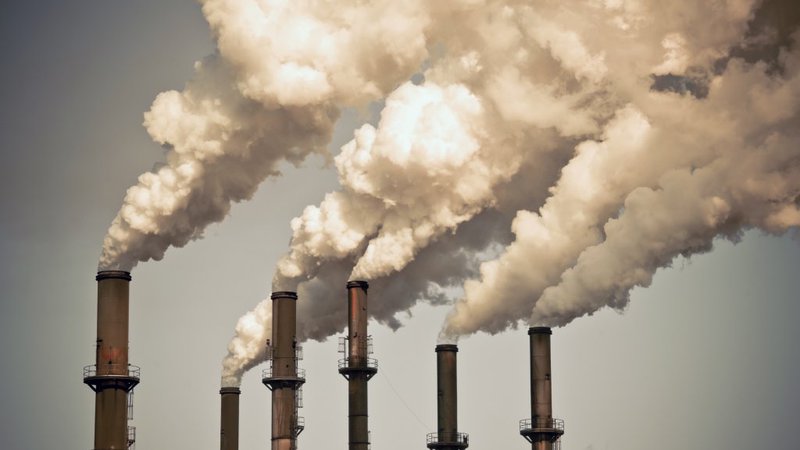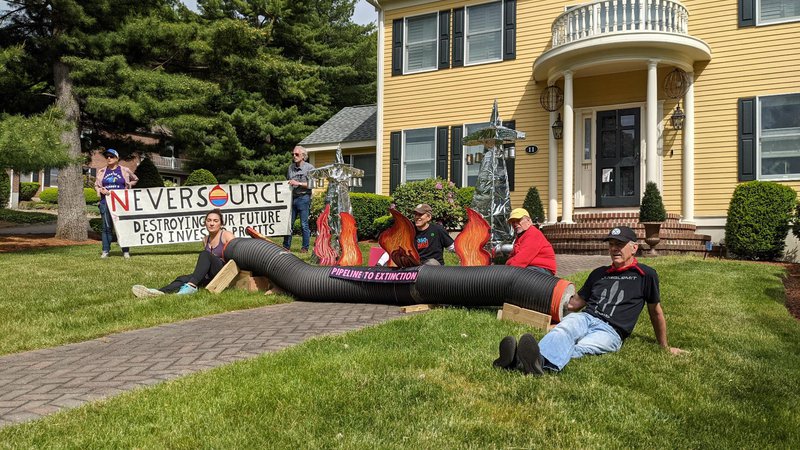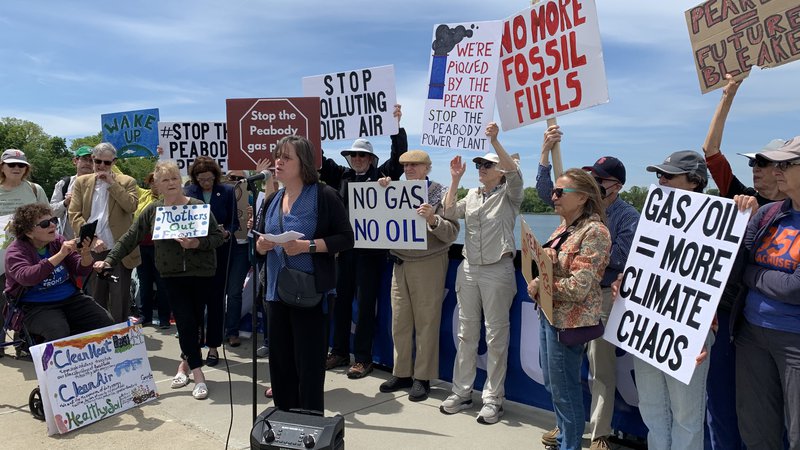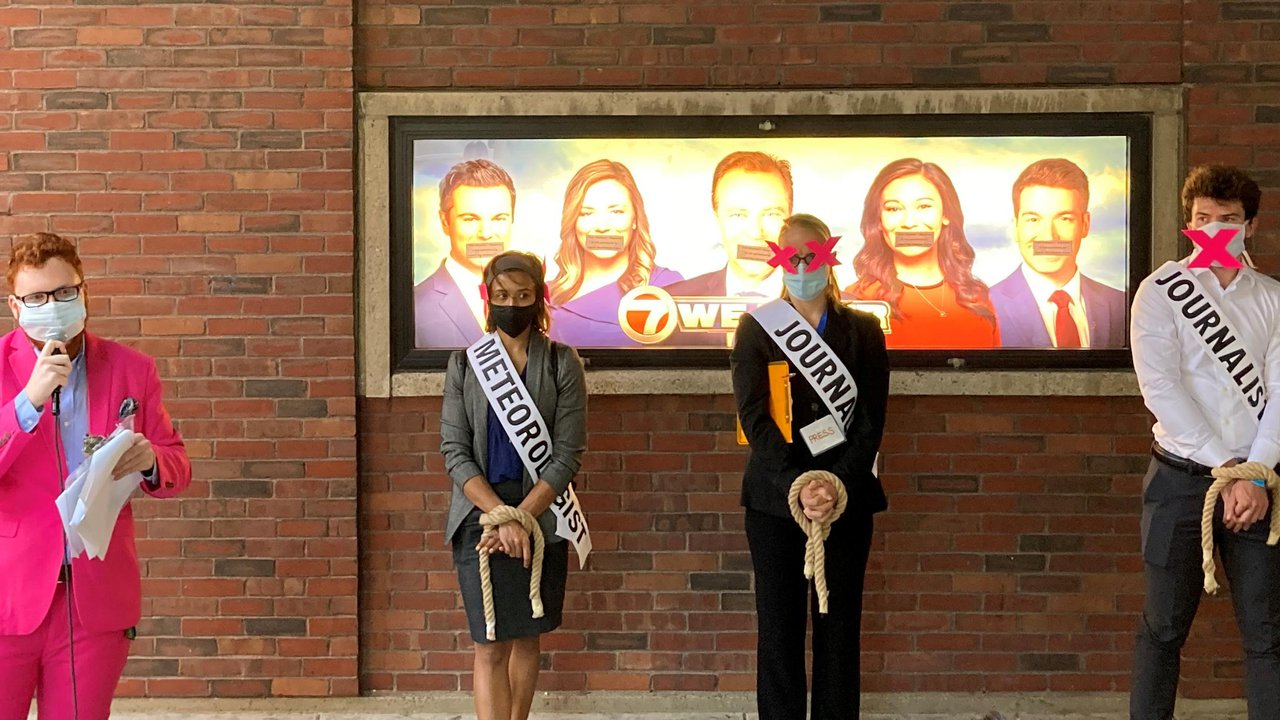
Extinction Rebellion protests local TV news for failing to report Climate Emergency
Extinction Rebellion Boston Protests Local TV News For Failing to Report Climate Emergency
Climate Activists call on WHDH TV and area news outlets to cover the climate and ecological emergency with the urgency it requires
Push pandemic reporting practices are model for climate crisis coverage
BOSTON, MA — Local members of the international grassroots environmental movement, Extinction Rebellion, held a protest at the headquarters of WHDH TV in Boston today, drawing attention to what they charge is local TV news’ failure to report current and looming disruptions to Massachusetts’ climate and climate science.
Climate activists delivered a letter asking to meet with WHDH representatives, along with an analysis of WHDH’s limited climate reporting. Activists portrayed TV reporters with their eyes, ears, and mouth covered, symbolizing “see no evil, hear no evil, and speak no evil” regarding the climate crisis, who were then unleashed to report on the true scope of the climate catastrophe. Photos of WHDH reporters displayed outside the headquarters had their eyes, ears, and mouths covered.
Extinction Rebellion Boston analyzed WHDH’s climate reporting since January 2019, and found less than one televised climate-related segment per month and proposed set of news reports that need to be broadcast.¹ Most of this coverage focused on either protests or politics, rather than the science or impacts of the crisis. NBC10 is the only local news with a dedicated segment reporting the climate emergency: “Adapting to Climate Change,” by Chris Gloniger.
“The news media has a duty to report on the crisis with the same urgency as the coronavirus. The climate and ecological crisis is a threat to all humanity, and each of our local communities. From wildfires in California, to simultaneous hurricanes in the Gulf Coast, to local coastal flooding, hotter summers and warmer winters, we are already seeing the devastating effects of this crisis.” said Ben Allen of Extinction Rebellion Boston. “WHDH and each of the local television stations need to inform and educate the public about climate science, and report on the current and future consequences--for Boston, Massachusetts, and our globe--if aggressive government action is not taken.”
Locally, the City of Boston has declared climate change a public health emergency.² Tens of thousands of Massachusetts homes are at risk of frequent flooding in the coming years and decades.³ ⁴ ⁵ Yet these and other local impacts are not reported in WHDH’s televised news.
Emissions from coal, oil and natural gas are currently following a “worst-case scenario” trajectory, according to a Woods Hole research group.⁶ Worst-case consequences include multiple food crop failures, uninhabitable conditions on much of the planet, and billions of climate refugees, including US citizens.⁷ ⁸ ⁹ Yet, according to Yale polling, only one in ten Americans feel “very well-informed” about the crisis, and fewer than half say they hear about climate change in the media at least once a month.¹⁰
“While we appreciate the coverage of protests, including Extinction Rebellion’s, local TV news must inform and educate their viewers and report the science, the local and global impacts of the climate emergency, and the urgent need to reduce the use of fossil fuels and prepare for the widespread climatic disruption,” said Mike Fogelberg of Extinction Rebellion Boston.
This protest took place as part of an international Extinction Rebellion Tell The Truth campaign, and calls for the following of all news media organizations:
1. Daily climate headlines The climate and ecological crisis is the biggest story in human history, threatening to wipe out life on Earth, and should be front-page news every day.
2. Climate Everywhere: every beat, every story Insert mentions of climate breakdown in stories that cover its causes and effects, including politics, business, tech, international affairs, energy, immigration, health, real estate, food, sports, the arts, and especially in coverage of extreme weather.
3. Remove financial conflicts of interest Ban all advertising from companies that trade in fossil fuels, and divest from fossil fuel companies.
4. Suggest real solutions Stop suggesting consumer-driven solutions; start suggesting community-driven solutions and mobilization. Acknowledge the necessity and scale of systemic changes to our economies and societies that are necessary to address the emergency.
5. Use climate emergency language Stop calling it “climate change.” Name the threat: “climate crisis,” “climate breakdown,” “climate destruction,” or “climate emergency.”
6. Enact climate standards for political endorsements Endorse politicians based on their climate policy positions, with a minimum of banning new fossil fuel infrastructure and meeting at least one of XR’s demands.
Extinction Rebellion Massachusetts is an autonomous chapter of the international grassroots movement, Extinction Rebellion (XR), which started in London in 2018. The purpose of XR is to tell the truth about how dire the ecological and climate crisis is and spark immediate action in order to prevent complete climate and ecological collapse. We aim to mobilize people around the world to utilize nonviolent direct action to demand that governments take radical action to avert societal collapse caused by widespread climate and ecological disaster, and to protect front-line communities, biodiversity, and the natural world. This movement is non-political, and unites all of humanity behind a singular goal of a just and livable future. Learn more at: xrboston.org
- Analysis of WHDH climate reporting, 2019-2020
- City of Boston, "City Council affirms climate crisis as a public health emergency"
- Union of Concerned Scientists, "Underwater: Rising Seas, Chronic Floods, and the Implications for US Coastal Real Estate"
- The Trustees, "New Trustees State of the Coast report finds thousands of North Shore buildings may flood in next 10 years"
- The Boston Globe, "At the Edge of a Warming World"
- Woodwell Research Institute (formerly Woods Hole Research Center): Schwalm et al., "RCP8.5 tracks cumulative CO2 emissions", PNAS, 2020
- NY Times, "Climate Change Threatens the World’s Food Supply, United Nations Warns"
- Xu et al., "Future of the human climate niche", PNAS, 2020
- NY Times, "The Great Climate Migration has Begun"
- Yale Program on Climate Change Communication, "Climate Change in the American Mind: April 2020"
Related Stories:
Featured:
-
The third annual Week of Rebellion is full of opportunities for celebration and action!
-
Our government had the opportunity to finally turn our state into a "climate leader," and they decided yet again to prioritize profits and political posturing over the well-being of residents.
-
Prominent climate scientists and activists demand immediate climate action in the United States.
-
Stop the Fossil Fuel Industry, Now: List of events for Extinction Rebellion Boston's September week of rebellion
-
A compilation of books, movies, articles, and ways to take action to protect Black lives
-
Nadia Colburn, PhD and member of Extinction Rebellion Media team, discusses how to talk about the climate and ecological crisis with family and friends.
Upcoming Events:
-
Fri Feb 20th @ 6 p.m.
-
Sat Feb 21st @ 2 p.m.
-
Sun Feb 22nd @ 10:15 a.m.
